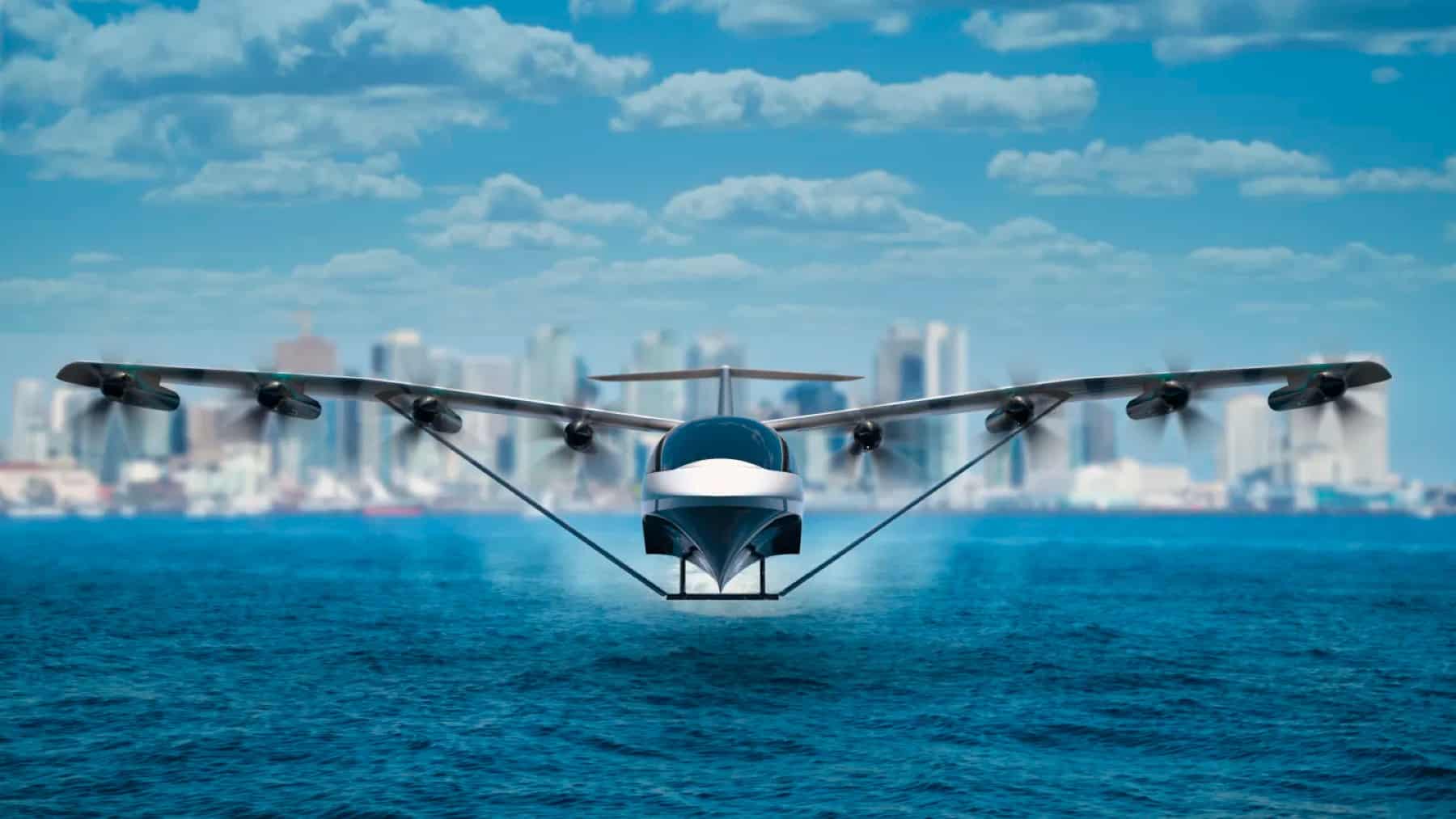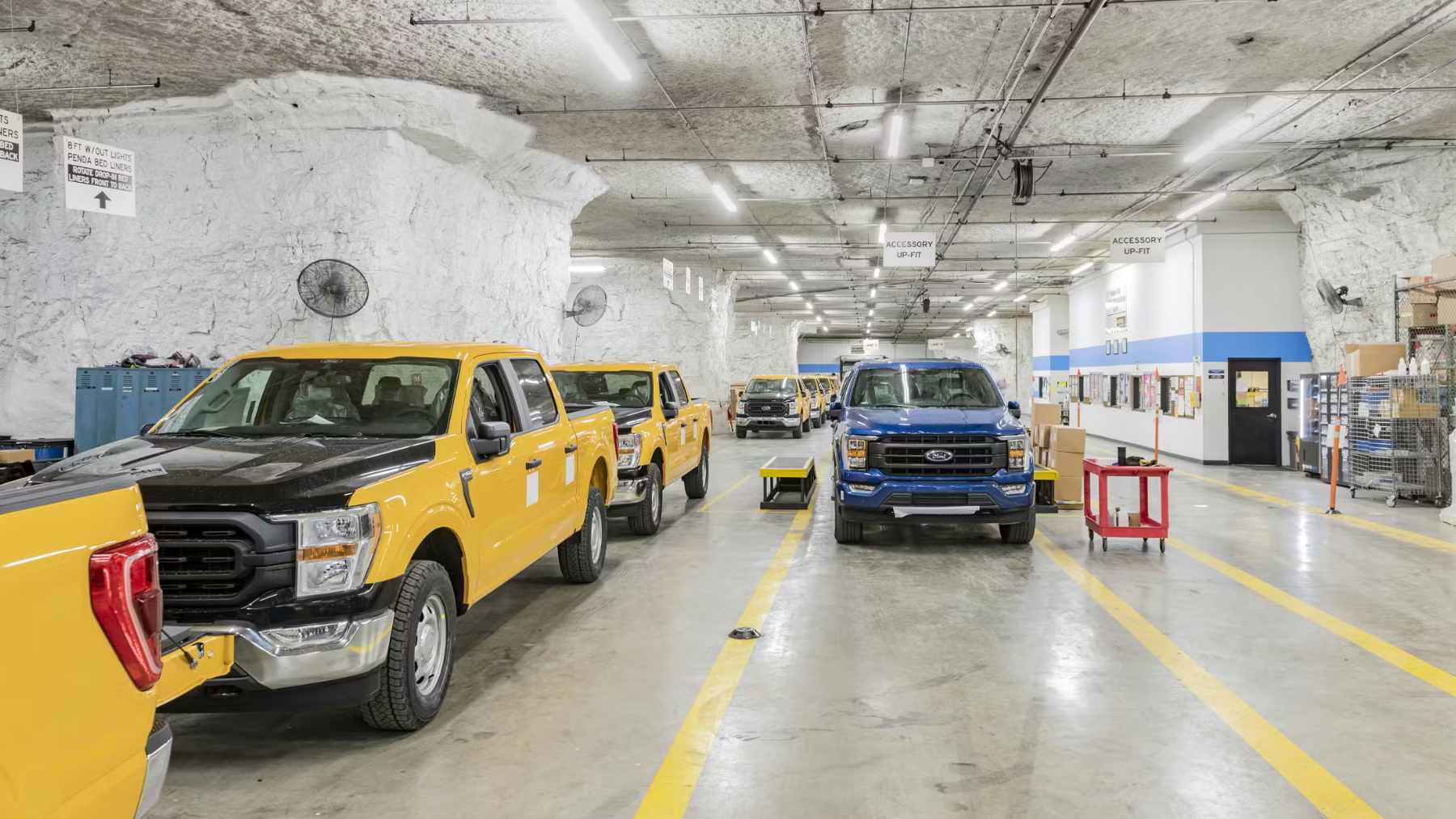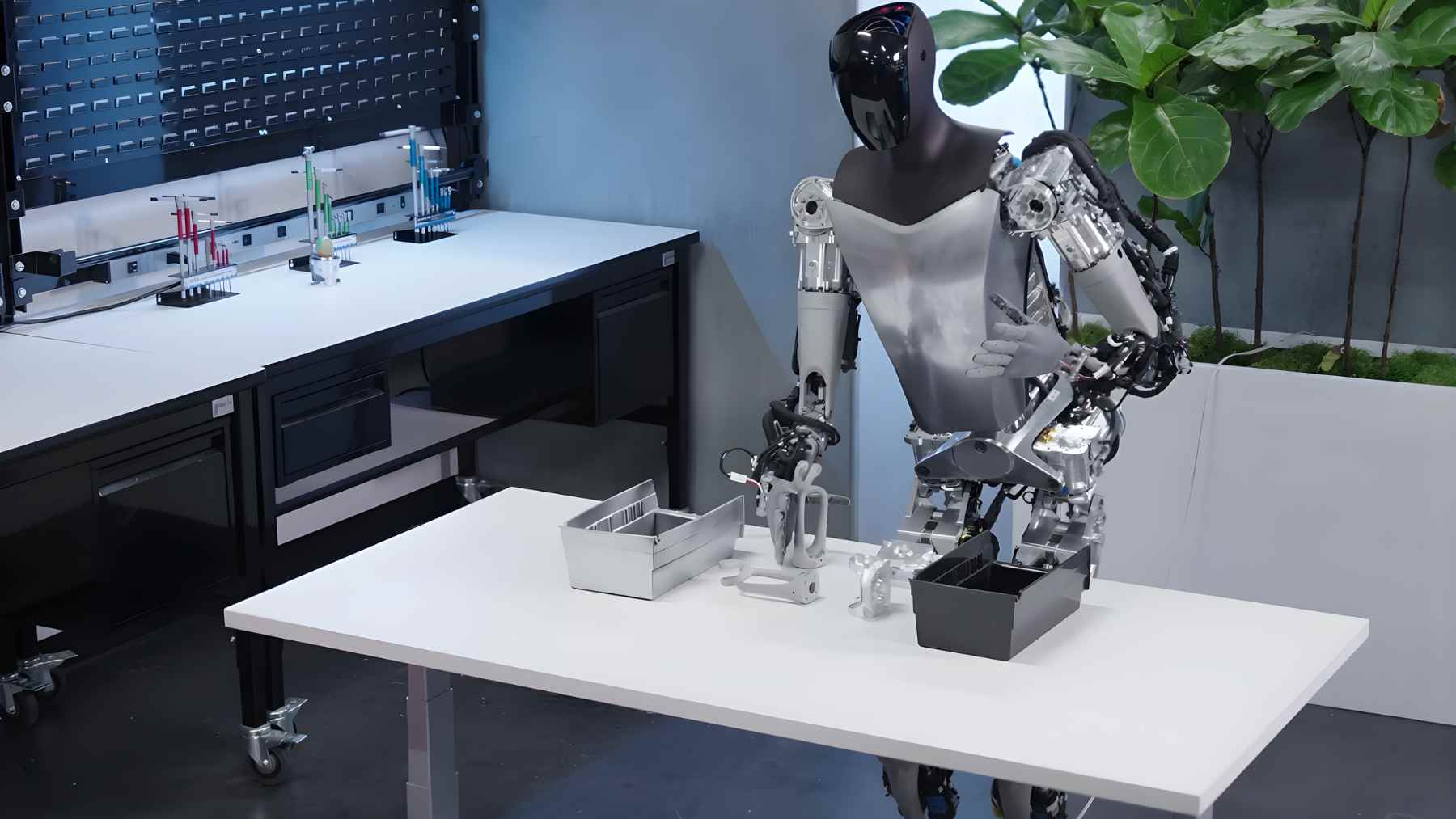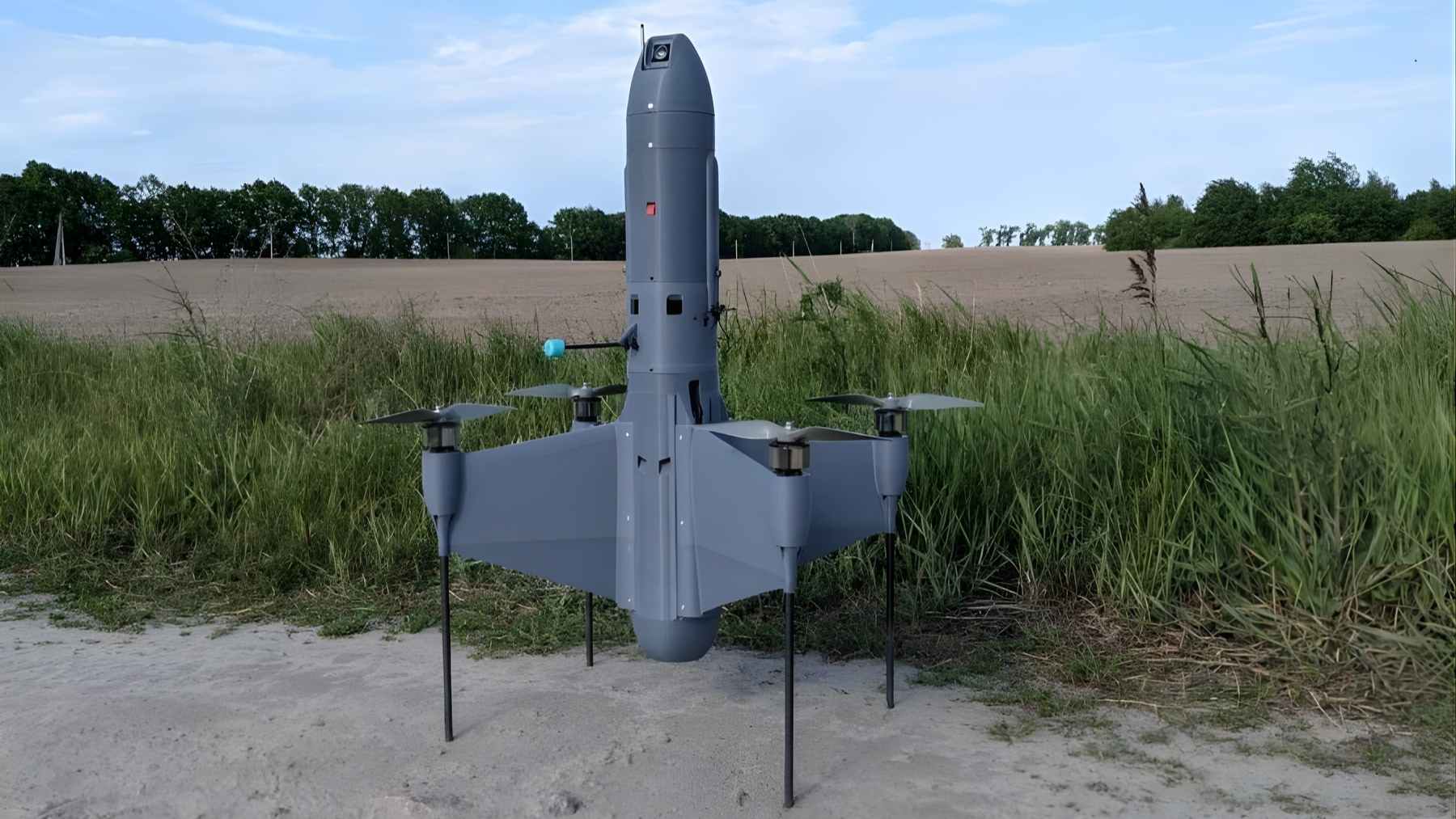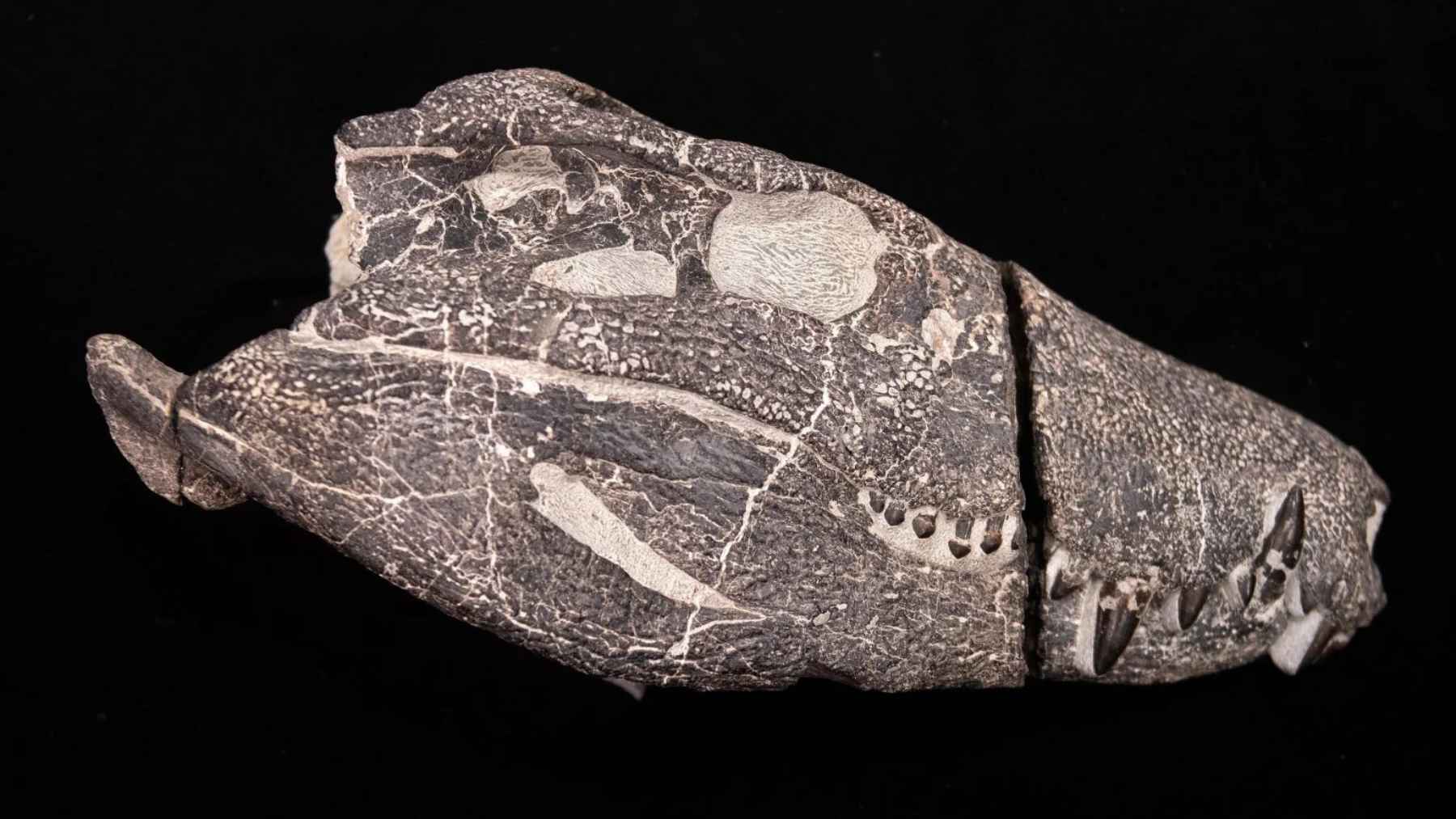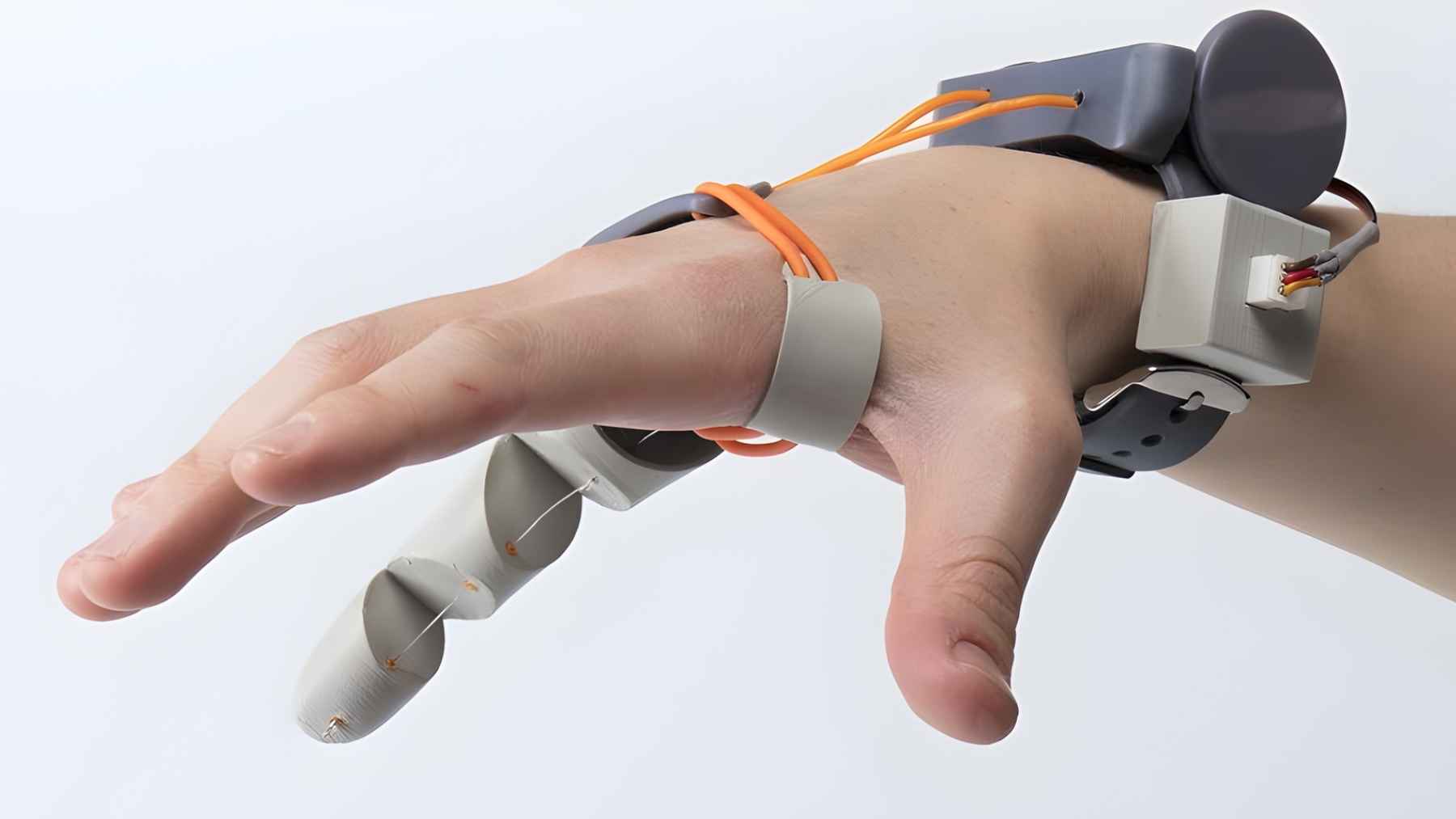This brand new sea-air transport machine is a sight to behold. In the age of technology, brand new technological innovations continue to be released to make our lives more efficient, but also for companies to showcase the capabilities of today’s technology, even if the end product is not necessarily practical. Recently, this company has released a new piece of transportation technology that not only makes use of electrical engine technology but also has the potential to change the defence industry.
The changing world of transport
With the age of the machine upon us, significant advancements and developments in electric propulsion, automation, and digital connectivity have all contributed towards revolutionizing the transportation industry in ways never thought imaginable. With the emergence of self-driving cars and urban air taxis, high-speed rail, and smart shipping solutions, the world has redefined travel, highlighting the development of human expertise.
The electric engine in particular has fundamentally changed the trajectory of the transportation industry, being seen as the way forward for an energy-hungry world, which also needs to solve the current energy crisis by reducing contemporary society’s reliance on fossil fuels. Electric engines are providing a way to meet transportation needs while ensuring that transportation becomes more sustainable.
Alongside these updates to passenger vehicle technology, new innovative transportation devices are emerging, which no longer silo different types of transportation but are multi-purpose for land, sea, and air travel. Today’s transportation needs are underpinned by a desire for efficiency while maintaining sustainability, and increasingly more innovators from start-ups are starting to put their own twist on reconfiguring traditional transportation while still providing a solution for these two consumer desires.
New sea-air transport to change this industry
When it comes to changes in the transportation industry, the passenger vehicle world tends to get the most attention, mostly because this is the most utilized form of transportation among individuals. While updates in this sector are growing by the day, other sectors in the transportation industry are also providing new and advanced futuristic transport technology.
Recently, Rhode Island start-up Regent Craft debuted its Viceroy seaglider, introducing a brand new class of maritime transport . The aircraft is designed to fly just above the surface of the water, operating on a principle dubbed the wing-in-ground effect, achieving speeds of up to 180 mph with a range of 180 miles. The new piece of technology has since attracted the interest of the US Marine Corps Warfighting Lab, offering Regent a $10 million contract to further develop the seaglider for maritime logistics, casualty evacuation, and other defense missions.
“…seagliders are a versatile platform that can be adapted to multiple mission sets, including cargo transport, emergency response, offshore energy logistics, and defense operations,” describes Regent’s data analytics manager, Estefy Castillo Villarreal, to Wallpaper in May, 2025.
Start-ups continue to find ways to make their mark
While technological innovation often gets accredited to major businesses that have been established in the industry for a long time, innovation from start-ups like Regent continues to significantly contribute towards the changing reality of the transportation sector, coming up with solutions that do not necessarily need to satisfy the masses but can instead work within a niche interest.
Start-ups have made significant ground, particularly in the aviation sector. Compared to passenger vehicles, the energy needs of an aircraft are substantially larger, meaning that current electric and alternative engine solutions are not suitable. However, innovators from start-up technological and transportation companies continue to release new aircrafts that are specifically designed with a sustainability objective in mind. Combined with the work from major aircraft innovators, the aviation industry will, hopefully, see significant strides made in its sustainability journey.
Disclaimer: Our coverage of events affecting companies is purely informative and descriptive. Under no circumstances does it seek to promote an opinion or create a trend, nor can it be taken as investment advice or a recommendation of any kind.
